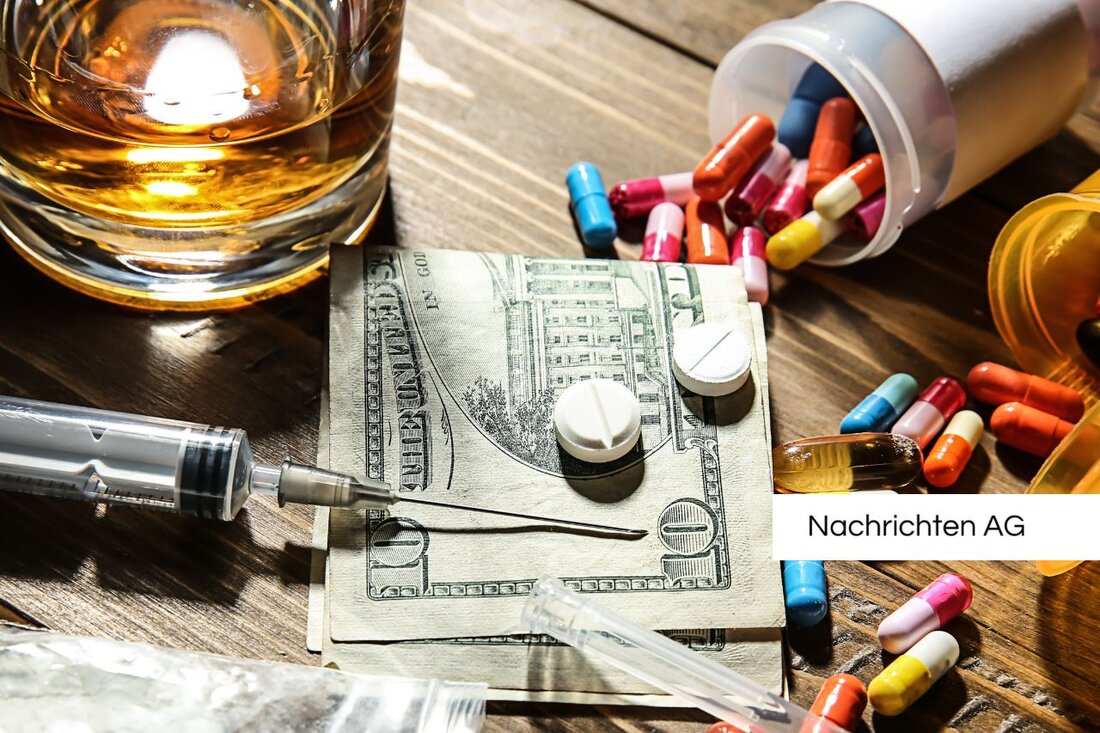School doctor conference in Vienna: Experts fight against lack of sleep and drugs!
On October 17, 2025, a school doctor conference took place in Vienna-Hietzing to refresh knowledge on sleep disorders, ADHD and other topics.

School doctor conference in Vienna: Experts fight against lack of sleep and drugs!
Last Friday, the nationwide school doctors' conference took place in Vienna-Hietzing, the motto of which was to refresh specialist knowledge for doctors in schools. Around 150 experts, including participants from various federal states, came together to exchange ideas about current challenges and developments in the field of child and adolescent health. The event was organized by the Academy of Doctors, which also celebrated its 25th anniversary. Online participation was also possible, which made access to the training considerably easier. This was announced by [meinkreis.at](https://www.meinbezirk.at/hietzing/c-regionauten-community/von- Schlafstoerung-bis-adhs-auffrischung-bei-fortbildung-fuer-schulaerztinnen_a7747955).
Particular attention was paid to the topics of sleep disorders in children and adolescents, sexually transmitted infections, and drug and medication abuse. The focus was on university professor Katrin skala, who highlighted the worrying developments during the Covid period with regard to the consumption of drugs and medication. Michaela Hartl treated ADHD and autism and gave valuable insights into how important it is to understand the causes of abnormalities in class and to act accordingly.
Student health is the focus
A central topic was the start of school in the upper grades at 9 a.m. The expert Szofia Rona pointed out the negative consequences of chronic lack of sleep, such as behavioral problems and an increased risk of obesity. As part of the conference, suggestions for improving the sleep situation in young people were also developed. There was an intensive discussion about how school doctors can better respond to the needs of their protégés.
Unfortunately, the lack of a nationwide school doctor program was also criticized. Badelt, an experienced expert in this field, noted that the different regulations in the federal states make the work more difficult and each school has to find its own solutions. The exchange of information and best practices is crucial for improving health care.
Difficult situation: addictive behavior among young people
Another interesting aspect related to adolescent health is the result of the ESPAD survey (European School Survey Project on Alcohol and Other Drugs). According to [goeg.at](https://goeg.at/jugendliche_sucht Behavior2024), 60% of young people aged 14 to 17 have consumed alcohol in the last 30 days. In addition, around 18% of students show that they have consumed cannabis. It is becoming increasingly clear that consumer behavior is diversifying while the consumption of traditional cigarettes is decreasing.
The school results also show that polytechnic schools in particular have a higher proportion of young people who report high-frequency consumption and associated intoxication experiences. The numbers are alarming and require urgent action from society and the relevant institutions.
In summary, it can be said that the school doctor conference not only served to deepen knowledge, but also offered a valuable space for the exchange of current developments in the health sector of young people. The focus on sleep disorders, addictive behavior and the need for a nationwide school doctor program illustrate the challenges that many professionals face.

 Suche
Suche
 Mein Konto
Mein Konto